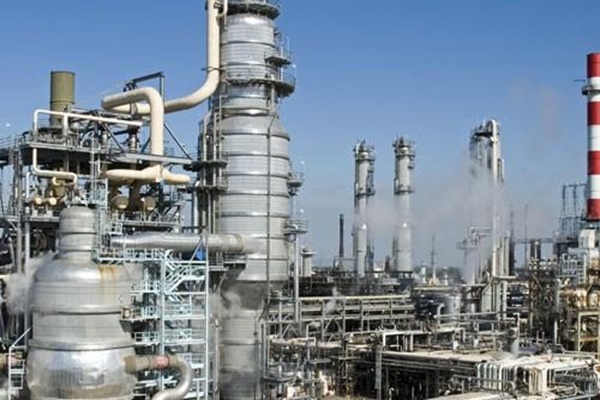The Federal Government and crude oil producers in Nigeria have agreed to work toward a sustainable supply of crude oil to local refineries under a market-determined pricing system. The aim is to ensure that while the operators do business optimally, the refineries are not starved of feedstock.
The producers under the umbrella of the Oil Producers Trade Section (OPTS) of the Lagos Chamber of Commerce and Industry (LCCI), at a virtual meeting held with the Nigerian Upstream Petroleum Regulatory Commission (NUPRC), and all the international oil companies (IOCs), agreed to concede to a framework that would be mutually beneficial aimed at ensuring that local refineries are not strangulated due to off-the-curve prices.
The focus of the meeting held at the instance of the Commission Chief Executive (CCE), Gbenga Komolafe, an engineer, was on the status review of the Framework for Seamless Operationalisation of Domestic Crude Oil Supply Obligation Template.
“It is the job of the regulator to interface between the producers and the refiners; it is a delicate balance because we do not want one to overrun the other because that will lead to problem.
If we don’t have product then there will be energy gap in supply the industry and this will not be a palatable situation for all, and if we have robust supply but they shut down the upstream and we can’t get crude production then there is also a problem. So we as regulator are simply trying to maintain the delicate balance,” he explained.
The NUPRC boss emphasised that there must be clear rules of engagement and everybody must play by the rules so that there will be peace and sanity. This, he further explained, is why the Commission has now put in place a template in line with the International Best Practices in Crude and Supply Trading standard, not because of anybody or interest, but because of the system.
“Whoever becomes a refiner or producer should play by that rule. This is being proactive on our part. We have ensured that the producers meet their monthly obligation and the next thing is the pricing with is germane. So what we are saying now is that on monthly basis both parties should give us a copy of their business transactions; it is a regulatory directive, it is to ensure transparency between both parties so that there won’t be issues. Cargo is traded and we publish monthly the price and volume traded,” Komolafe .
In a statement issued by the Commission, yesterday, it noted that the initiative was part of efforts to effectively implement key sections of the Petroleum Industry Act (PIA) 2021, especially the issue of pricing and crude supply to the domestic refineries.
The statement also noted that its CCE said President Bola Tinubu is fully committed to providing a level playing ground for producers and refiners to do business in the industry. He expressed the need for a rule of engagement to ensure that the pricing model from the oil producers does not hinder the domestic refineries. He directed producers and refiners to provide the NUPRC with cargo price quotes on crude supply and delivery for effective monitoring and regulation of transactions among parties. “We need to have the price quotes monthly,” he directed.
Komolafe also pointed out a convergence between the Domestic Crude Oil Supply Obligation (DCOSO) and the nation’s energy security, indicating that his team is re-engineering its regulatory processes to address the challenges.
“We allow all our processes to be transparent. While the Federal Government targets the implementation of the regulation, all parties must submit to the rules of engagement as a guide for operation,” he said.
The regulator, he said, is committed to driving the willing buyer/willing seller provision. “We have to discuss pricing, especially as parties have committed to respecting their domestic crude oil obligation. As the regulator, we don’t want the upstream sector to be operated sub-optimally through cost under-recovery. So, the regulator is very alive to that.
“In crude pricing we will never allow price strangulation to disincentivise our domestic refining capacity optimisation. The regulator does not support cost under-recovery in the upstream sector, and we will continue to work to ensure that crude supply profiteering as a negative factor that can strangulate our domestic refining capacity optimisation is disallowed,” he said adding that the “NUPRC is committed to attracting the needed investments to boost upstream development and optimisation of our hydrocarbon resources just as we want sustainability of domestic energy supply in the midstream and downstream sector.”

